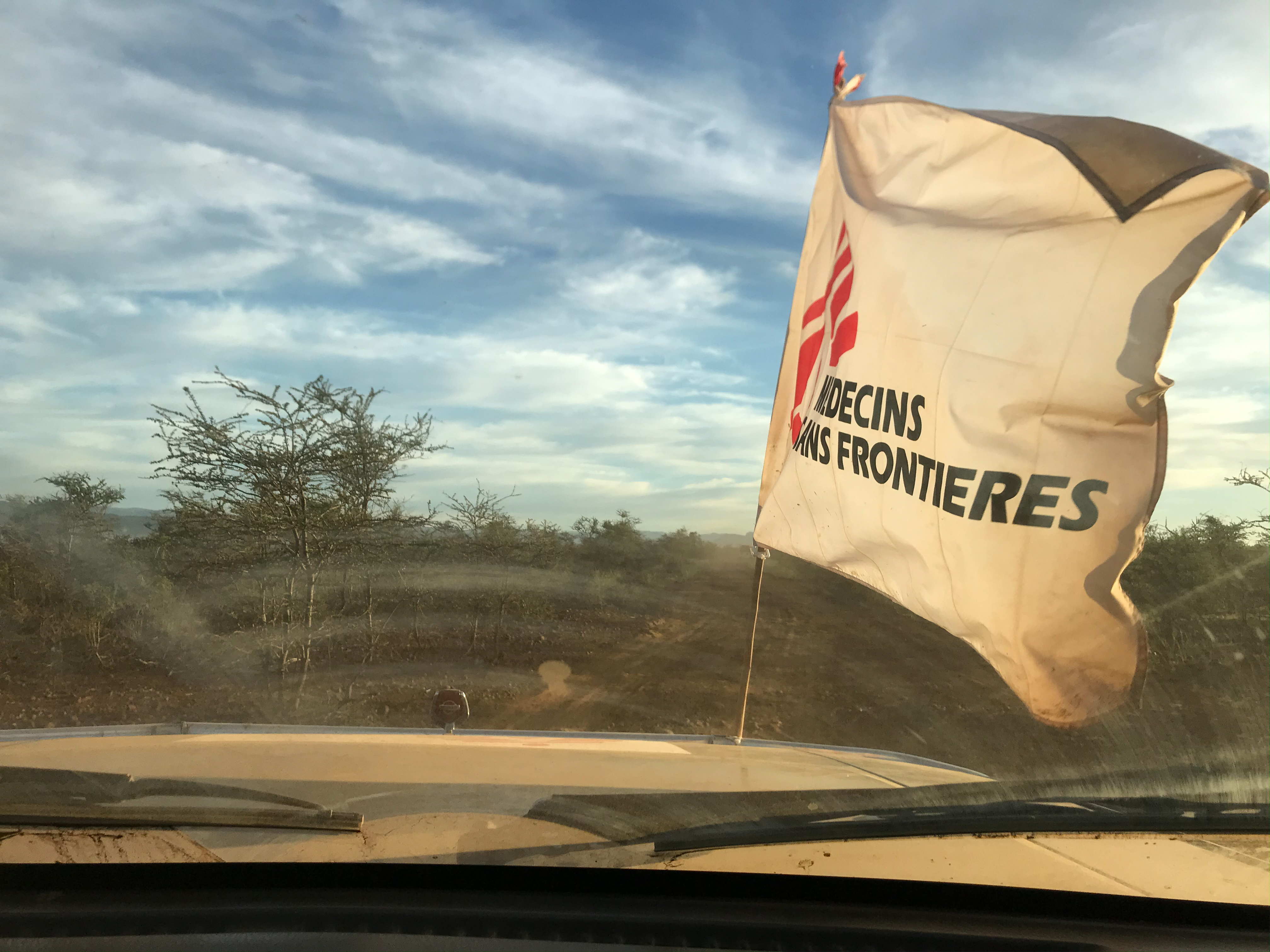Madagascar: nutritional crisis in the south of the island
"We hope that the rain will come, otherwise we will die.”
This year, more than any other, the southeastern regions of the island are suffering from drought and lack of rain.
The harvest is affected and almost non-existent. It's the "kéré" as the locals say, a term describing the lack of food and hunger. "If the season is good, we grow rice and sweet potatoes. But there has been no rain for the last three years, so we can't cultivate anything," explains Mandilsoa, chief of the Kapila fonkontany (village) in Ranobe commune, where MSF has opened a mobile clinic. "We hope that the rain will come, otherwise we will die.”
In response to this crisis, MSF has been running mobile clinics since the end of March to screen and treat acute malnutrition and provide medical consultations in three communes of the Amboasary district.
On consultation days, hundreds of people come to the mobile clinic. "So far, in the three communes where we work, we have screened 4,674 people and admitted 1,136 patients to our program, including 831 children under the age of five. Among these children, about a third suffer from severe acute malnutrition, and two-thirds from moderate acute malnutrition" notes Anne Tilkens, MSF emergency medical coordinator in Madagascar.
The state of malnutrition leads to a weakened immune system, making those affected particularly vulnerable to other illnesses. "We note a significant number of cases of parasitosis, bilharzia, diarrhoea and skin diseases. We also see patients suffering from respiratory infections and conjunctivitis. Currently, we are noticing an increase in cases of malaria," says Tilkens.
One of the causes of these associated diseases is the quality of the water available and used. Often, people have to walk for hours to find water. "We depend on rainwater and river water for drinking. Since it hasn't rained enough, we go to the Zakafia River. We have to leave early in the morning, on foot, to be able to come back before sunset," explains Zafimbora, who came to the mobile clinic in Ambovo, Marotsiraka commune, with her 6-month-old child suffering from moderate acute malnutrition.
In parallel to its medical action, MSF is starting water, hygiene and sanitation activities in order to improve access to and quality of water where our teams run mobile clinics.
ENDS
.jpg)
.JPG)
.JPG)
.jpg)